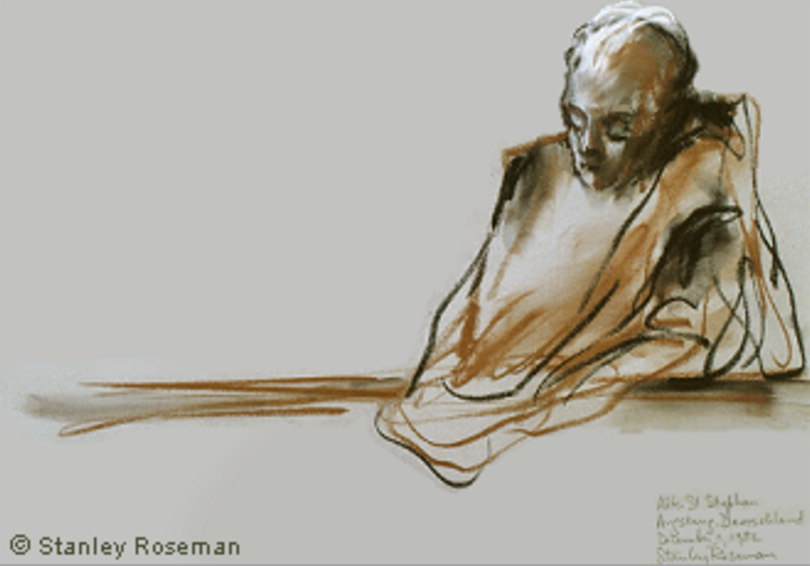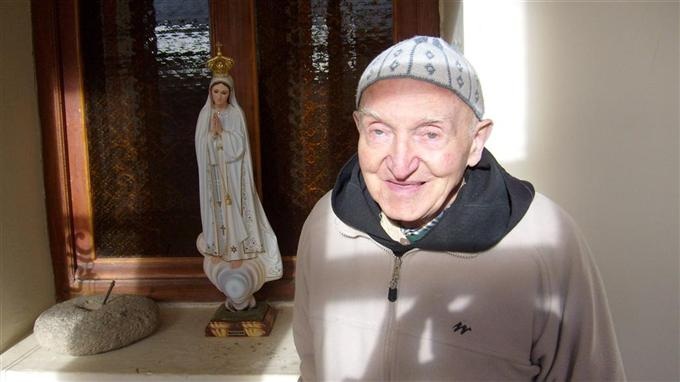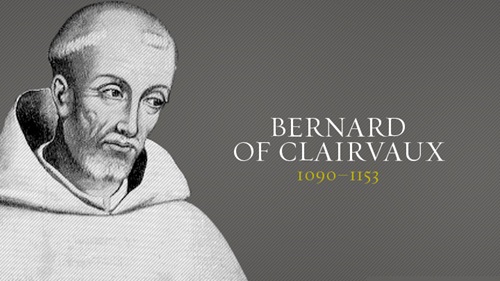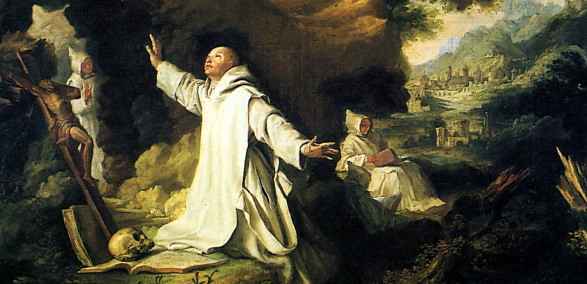All that is good (religious life): it is the fruit of his faith, his prayer, the fulfillment of the promise, the divine blessing, it is ‘Issac’ (a willing sacrifice through blind faith). He (the monk) has to use the human resources that God provides for him; to neglect to do so would often be the presumption that ‘tempts God’. But the sort of security that means afford him, the light and warmth they bring, could also turn them into screens against a light and warmth infinitely more subtle, beyond man’s grasp. Against a lack of support infinitely stronger than the little righteousness according to man’s measure that he painstakingly seeks to build, and behind which he runs the risk of settling down, sheltered against the far more exacting demands of this God who knows no measure. One is so at home among things, ideas, rules, and ceremonies; there, one is master! One pays the tithe of adoration to God, but one takes good care that the doors which might allow Go himself to enter are kept securely closed.
But the years go by, and before the monk’s eyes the horizon constantly recedes…..the monk is humble free from illusion. The sand of life which he holds in his hand is flowing rapidly through his fingers; he has difficulty in seeing beyond the limits of human horizons; he knows his poverty, his human frailty, his human heart. He is unsure if he still really believes in what he is unable to see. Ritual and ceremonial have little to say to him; the repetition of acts, to which no interior spontaneity corresponds, tends to produce a certain alienation of his personality. The well-organized structures of his life hedge him in like prison bars where all seems sterile and dead. His contact with his brethren is purely external, as that of a passer-by; he feels isolated, a stranger.
This means that God is taking Issac back and the monk must surrender freely what appears from a human point of view to be the indispensable means of the realization of the promise, of the Kingdom of God—that which seemed to be the Kingdom—and this he must do without hesitation, without abandoning the quest of the Absolute, of the love that now seems to be falling to pieces and illusion. He must hold fast in faith and hope to the Word of God and the promise of Christ, to the power of the Spirit of God alone. That is the courage proper to faith: the courage to believe that one receives—and to receive in fact already—all, absolutely all, from the sheer bounty of God’s love. –‘The Wound’s of Love’ A. Carthusian Miscellany

Stanley Roseman, a respected American artist capturing the monastic life.








Recent Comments